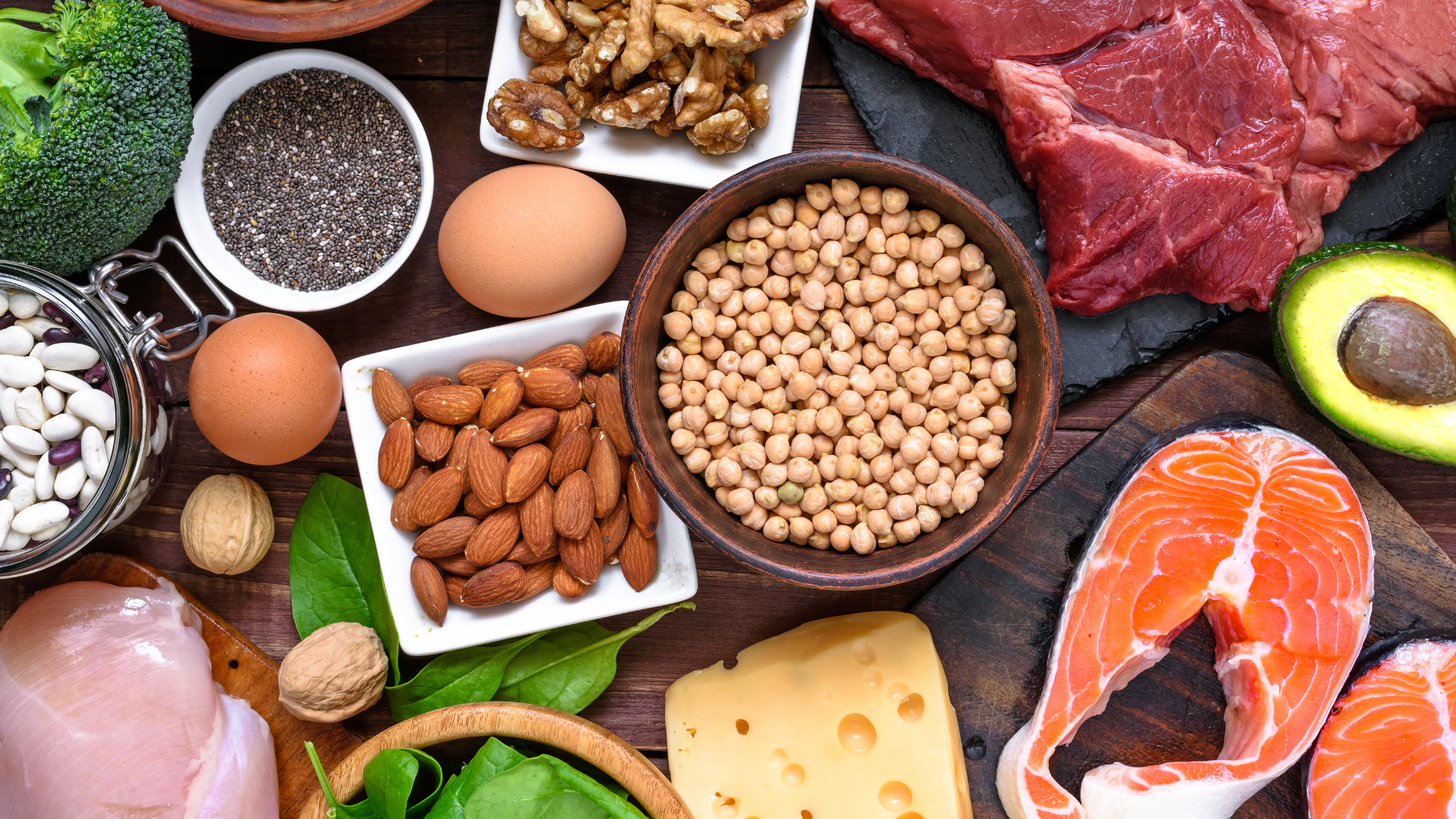
01 Jul High-Protein Diet: Can Too Much Protein Be Harmful?
Protein is important for the structure, function, and regulation of the body. It can also increase your immunity against infections, increase energy, and support muscle growth and strength.
A high-protein diet can have numerous benefits to one’s health, especially if you are trying to lose weight or trying to wean yourself off in between meals and snacking.
However, just like everything else, too much protein can be harmful to you.
Too Much Protein?
Carbohydrates, fat, and proteins are the body’s macronutrients. All are necessary to build and maintain the body’s structure while providing energy for overall function. Consuming protein can also help preserve muscle mass and promote muscle growth.
However, there is a recommendation about the amount of protein that should be included in your diet.
An active adult should have around 10% to 30% of calories that come from protein, which is about 200 to 700 calories from protein if you are consuming 2,000 calories.
Meanwhile, there may be instances where you might need a higher amount of protein, especially if you are working out or reaching the age of 40 to 50. During this age, sarcopenia, or losing muscle mass begins to set in.
Meanwhile, trying to set your protein intake based on your weight when you’re obese may be harmful and can lead to excessive intake. It is recommended to consult your doctor or dietician whenever you’re trying to switch up your diet.
Excessive protein intake is estimated to be around more than 2 grams per kilogram of body weight each day.
Are There Harmful Effects of Excessive Protein Intake?
Excess calories are usually stored as fat while excess protein can have harmful effects on the kidneys. Healthy issues such as elevated blood lipids and heart diseases can occur with extra protein.
Here are some of the effects of excessive protein intake:
- Weight gain: Although a high-protein diet is promoted for losing weight, its weight-loss effect can only be temporary. You might gain weight over time if you are trying to increase your protein consumption while increasing your caloric intake.
- Digestive issues: A high-protein diet may cause constipation or diarrhea as it can restrict carbohydrates that contain fiber. In addition, eating too much dairy and processed foods without any fiber can turn into diarrhea, especially if you are eating too much fried meat.
- Heart disease: A 2020 study noted that there is considerable evidence that diets high in red meats and processed foods are associated with an increased risk of cardiovascular disease, type 2 diabetes, and cancer.
Protein: The Healthy Way
If you are still eyeing to try a high-protein diet, here are some of the best protein sources you can swap for red meats:
- Eggs
- Nuts and legumes
- Whole grains
- Wild fish
- Lean meats like chicken and turkey
- Include high-protein vegetables and fruits to avoid bowel movement problems
It is also best to find out whether you have any health conditions that are not suitable for a high-protein diet.
Medical consultations should always be a part of a healthy life. Get the perfect health solution here https://shop.insularhealthcare.com.ph/medconsult
SOURCE:
https://www.health.harvard.edu/nutrition/when-it-comes-to-protein-how-much-is-too-much
https://www.healthline.com/health/too-much-protein#quality-protein



